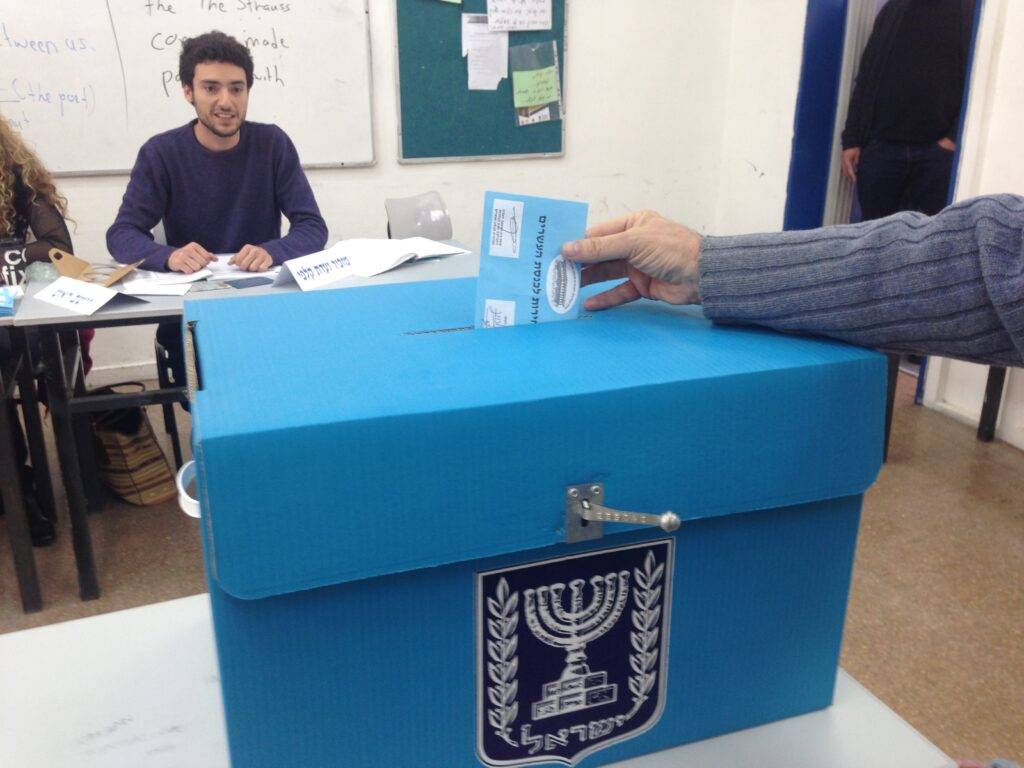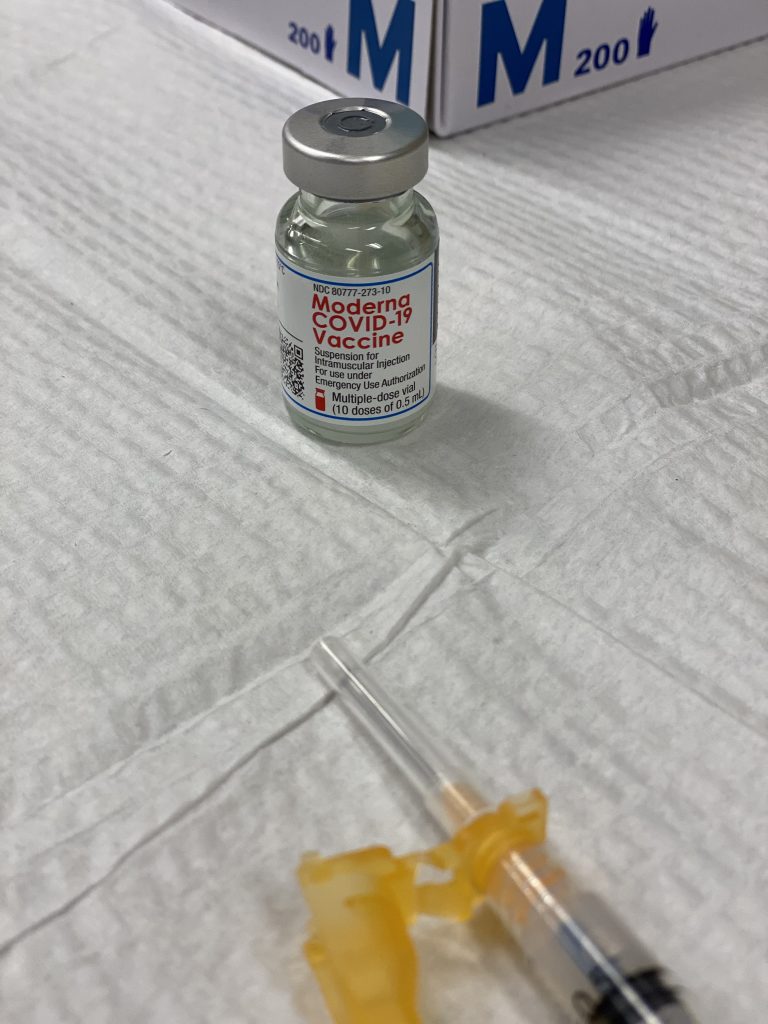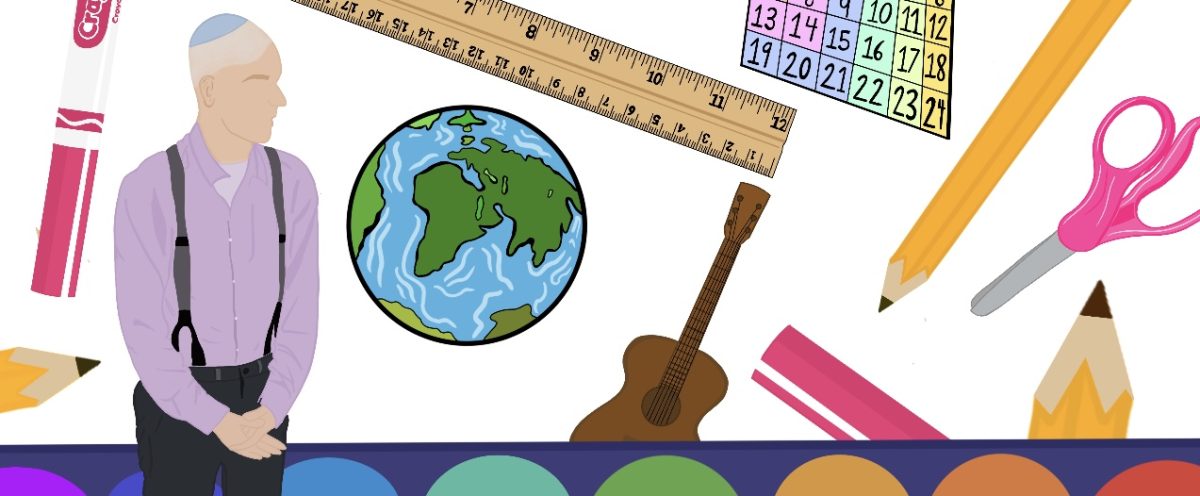Israel Update: COVID-19, Protests, and Another Round of Elections
February 11, 2021
Slider Image from Wikimedia Commons
With several serious waves of COVID-19 outbreaks and a tense political landscape, Israel has a lot going on. Early on in the pandemic, the Israeli economy was hit hard by COVID-19 but has now become a world leader in vaccine distribution among its citizens. On the other side of the spectrum, Prime Minister Benjamin Netanyahu faces protests from angry citizens and indictment charges for corruption as he heads toward Israel’s fourth election.
Approaching Israel’s fourth prime minister election, Benjamin Netanyahu is receiving more demands than ever for his resignation. Netanyahu is being attacked for allegedly mishandling the coronavirus pandemic in Israel and for his court indictment. Netanyahu is being served with charges of bribery, fraud, and breach of trust, though he denies all accusations. His most serious allegation is that he is trading regulatory favors to Israel’s second largest news outlet in exchange for editorial control over their media. Netenyahu claims his indictment is a plot to remove him from office perpetrated by his political rivals and the media.
In response to these allegations and to how the COVID-19 pandemic was handled, thousands of Israeli citizens have participated in protests against Netanyahu, demanding his resignation from office. Protesters say that Netanyahu’s administration has bungled the coronavirus response as Israel’s economy has been hit hard and faces another nationwide lockdown. Though dwindling slightly, these protests have taken place in Israel since July 2020. Protestors say they fight and have these demonstrations to bring awareness to the fact that not everyone is equal before the law, especially people of high power. Israeli citizen Oriel Eshed says that the protests are not only for the “government to take responsibility [for how they handled COVID-19],” but that the main point is for Netanyahu to “face his charges” and take responsibility for his actions.
The two main political parties in Israel are the Likud (led by Netanyahu) and Kahol Lavan (led by Benny Gantz). However, recently a former Likud member, Gideon Sa’ar, has formed his own ultra conservative political party that has now become Netanyahu’s biggest rival in the upcoming election. Many disagree about how this election will end for Netanyahu, but Hyman Brand Hebrew Academy’s (HBHA) Director of Jewish Life, Zohar Flacks, says that “Bibi is definitely running this election based on the success of the vaccination program.”

In addition to the rocky political landscape in Israel, they have also been struck hard by the coronavirus. Like most countries, Israel’s first response to the COVID-19 pandemic was a nationwide lockdown. Along with other restrictions, Israel was able to flatten the curve of their COVID-19 cases in early May 2020. In accordance with Israeli schools reopening in late May, cases spiked again and Israel entered the second wave of COVID-19 outbreaks.
In December 2020, the Israeli government ordered a third nationwide lockdown as they entered the third wave of COVID-19 case spikes. Due to the more infectious variant of the virus, they had a test positivity rate of over 5 percent and 3,000 new cases daily.
However, Israel has quickly become a world leader in vaccine distribution. The government began distributing the COVID-19 vaccine to its citizens in late December, and as of early January, had vaccinated about 12 percent of its population. In comparison, at that time the United States had vaccinated about 1percent of its population.
Though vaccinating a large population in Israel is certainly an accomplishment, it does not come without potential drawbacks. The Israeli government has made a deal with Pfizer, the manufacturer of the BioNTech COVID-19 vaccine, promising to give the company enormous amounts of medical data in exchange for more shipments of the vaccine. There are critics and commenders alike, although critics say that it raises major ethical questions and privacy violations. Eshed says that “it’s complicated,” and that while it is great that many Israelis are being vaccinated, “there is a price to pay: Pfizer is getting the data of the citizens and using it [for whatever they want].”

Over the past year, Israel has had much political and medical turmoil, much like the United States and many other countries. These problems include COVID-19, several prime minister elections, hundreds of protests, indictments, and more. In spite of these hard times, Israel remains strong and resolute. Eshed says these experiences have helped her realize “the things we usually take for granted…[and] what is really important.”












































































